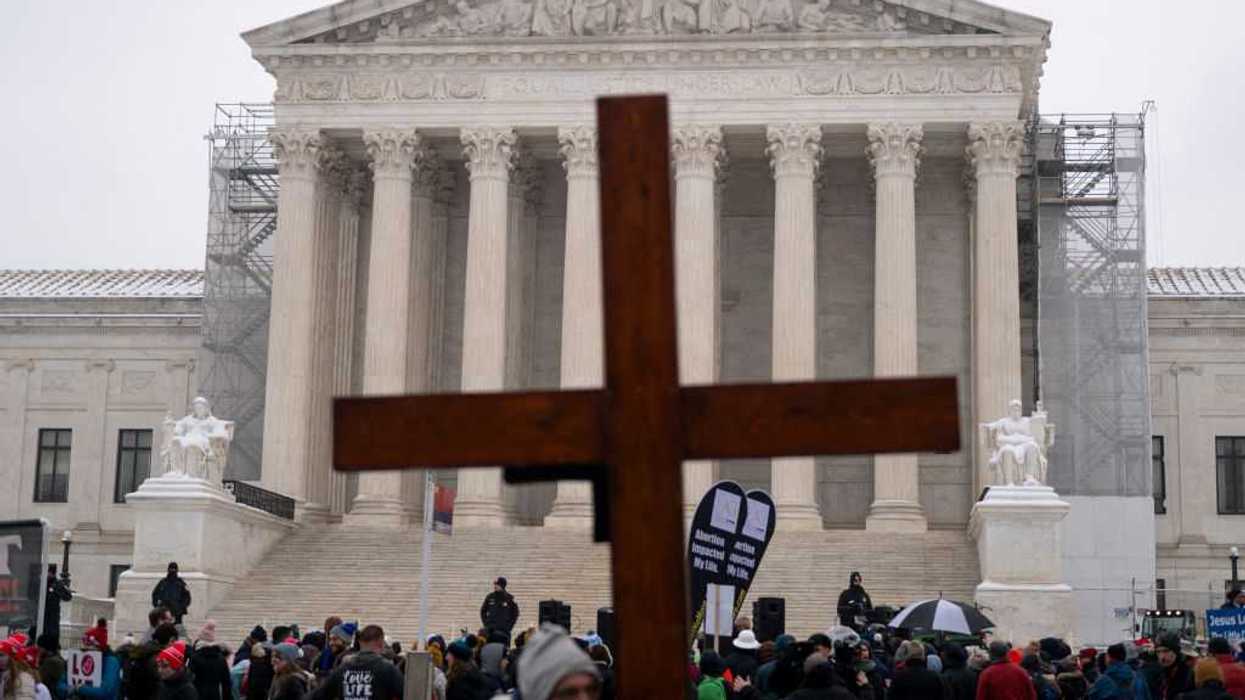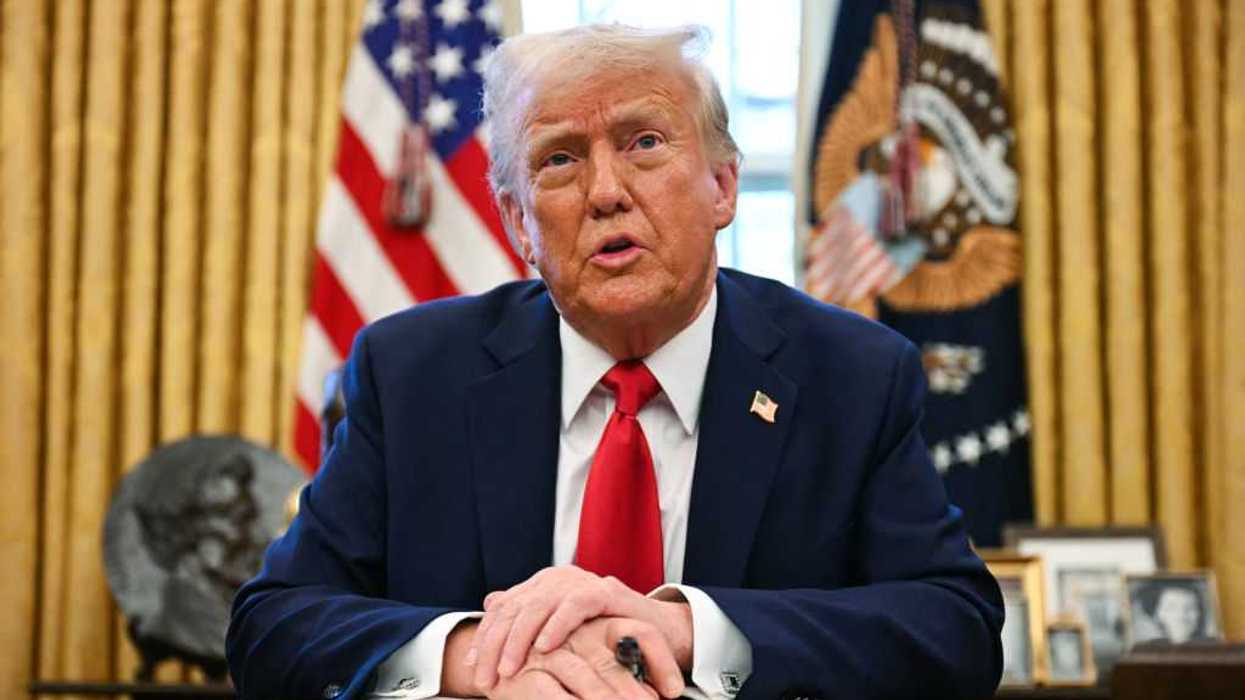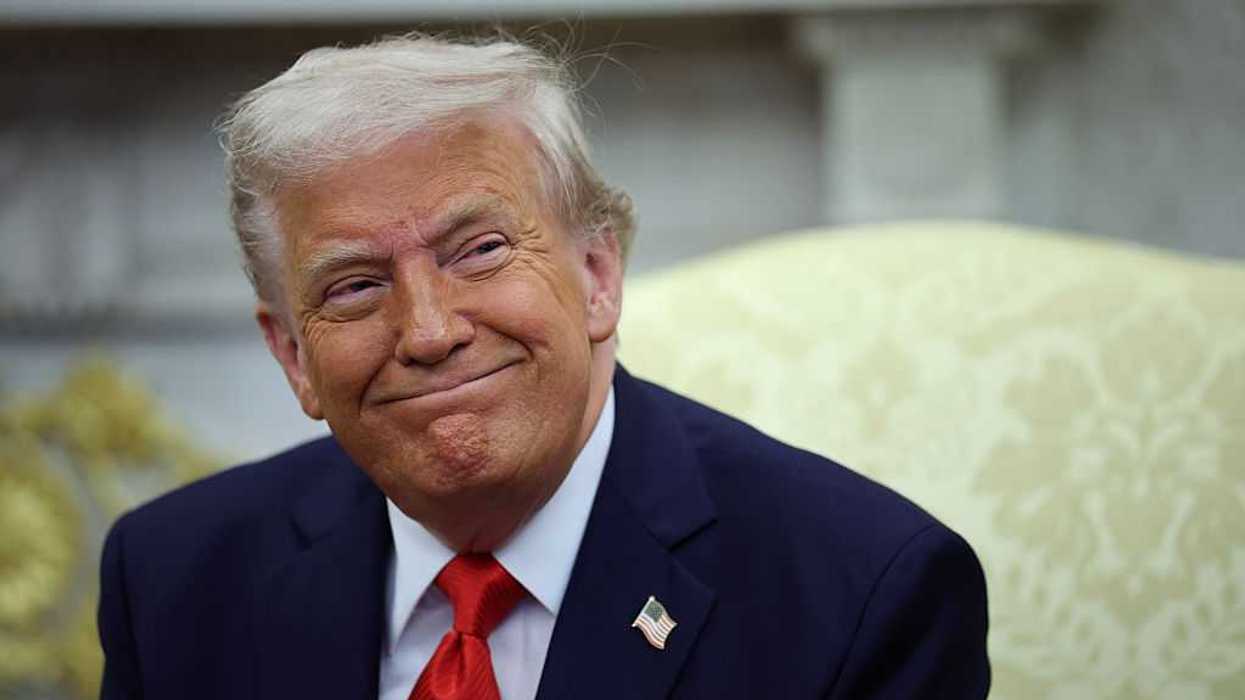
© 2026 Blaze Media LLC. All rights reserved.
Without picking a winner in last night’s debate, it’s fair to say that Mitt Romney avoided the sort of conspicuous gaffs that can sink a campaign. He may well become the next president of the United States. Would that be a good thing for American schoolchildren?
Yesterday, I faulted an op-ed the Governor wrote for consisting chiefly of vagaries—but perhaps that’s not such a bad thing. Given that the federal government has spent roughly $2 trillion on k-12 education since 1965 and achieved none of its objectives, a president who talks much but does less would be a decided improvement.
But there are a few specifics in Romney’s education white paper… and some of them are deeply disconcerting. Immediately after stressing that “states and localities are best-positioned to reform their education systems” the document reverses course and declares that “the federal government cannot ignore the troubled state of American K-12 education,” and “is uniquely positioned to provide financial support for the education of our neediest students and to require states and districts to tell the truth about how their schools and students are performing.”
Certainly the federal government should not ignore America’s educational woes, having contributed to many of them for over half a century. But the subsequent claims are untrue and do not follow from the first. It is simply false that federal government funding is “uniquely positioned” to improve the education of the neediest students. In fact, one of the flagship federal programs for helping these students, Head Start, has been proven to have no lasting benefits by the federal government’s own research. More broadly, there appears to be no link between federal K-12 spending patterns and the student achievement gaps by socio-economic status or race. Nor is there any evidence that the federal oversight introduced by the No Child Left Behind law (the “telling the truth” referred to above) improved achievement overall or narrowed the gaps.
To be fair, the document acknowledges the ineffectiveness of past and current federal programs, and so the claim that federal funding is “uniquely positioned” to help disadvantaged students could be read to apply only to the Romney campaign proposal of “attaching federal funding to the students it is intended to support rather than dispersing it to districts.” The idea is essentially to voucherize federal funds, allowing them to be used even at private schools, where permitted by state law.
The benefits of increasing parental choice and competition between schools are well supported by the evidence, but here again, the federal “uniqueness” claim is simply false. Federal funding is not unique or necessary to ensuring universal school choice. The states are fully capable of doing this themselves because private schooling is, on average, about two thirds the per-pupil cost of public schooling, and so even without the roughly ten percent of education funding that comes from the federal government, state-level private choice programs could serve everyone.
Even though federal involvement in state school choice programs is not necessary it could still be a good idea. But it isn’t. As I argued when a similar idea was floated by President G. W. Bush, federal regulations would almost certainly follow federal funding of the nation’s private schools, homogenizing them from coast to coast and thereby eliminating the educational diversity upon which any choice program must rely. Since writing that piece, I have conducted a statistical study of the regulations imposed by state-level private school choice programs and found that vouchers already impose a large and highly statistically significant extra burden of regulation on participating schools. This is a grave enough problem when the regulations affect just the private schools in a single state, but that pales in comparison to the damage that would be done by such regulations at the national level.
Universal private school choice can also be achieved via personal and “scholarship donation” tax credits, and these programs do not seem to carry with them the same regulatory pall. But there is no reason to run the risk of enacting such a program at the federal level. On the contrary, the growing diversity of school choice programs at the state level is an asset, allowing us to see which state policies do the most to expand educational freedom and improve quality and efficiency. The best can then be replicated and the worst reformed.
Governor Romney says that he understands the free enterprise system, and knows that trickle-down government doesn’t work. He says that he wants to uphold our nation’s founding principles. Well, the evidence is clear that there is no need for or benefit to federal government intervention in state education policy and that there are in fact very grave risks to such intervention. And though it is unfashionable to draw attention to this fact, neither the word education nor the word school is mentioned in the U.S. Constitution. So if Governor Romney becomes President Romney, American schoolchildren will be very lucky if he remembers these facts, and uses the presidential bully pulpit to promote more and better state-level school choice programs rather than opening the Pandora’s Box of federal funding and regulation of private schools.
Want to leave a tip?
We answer to you. Help keep our content free of advertisers and big tech censorship by leaving a tip today.
Want to join the conversation?
Already a subscriber?
more stories
Sign up for the Blaze newsletter
By signing up, you agree to our Privacy Policy and Terms of Use, and agree to receive content that may sometimes include advertisements. You may opt out at any time.
Related Content
© 2026 Blaze Media LLC. All rights reserved.
Get the stories that matter most delivered directly to your inbox.
By signing up, you agree to our Privacy Policy and Terms of Use, and agree to receive content that may sometimes include advertisements. You may opt out at any time.






